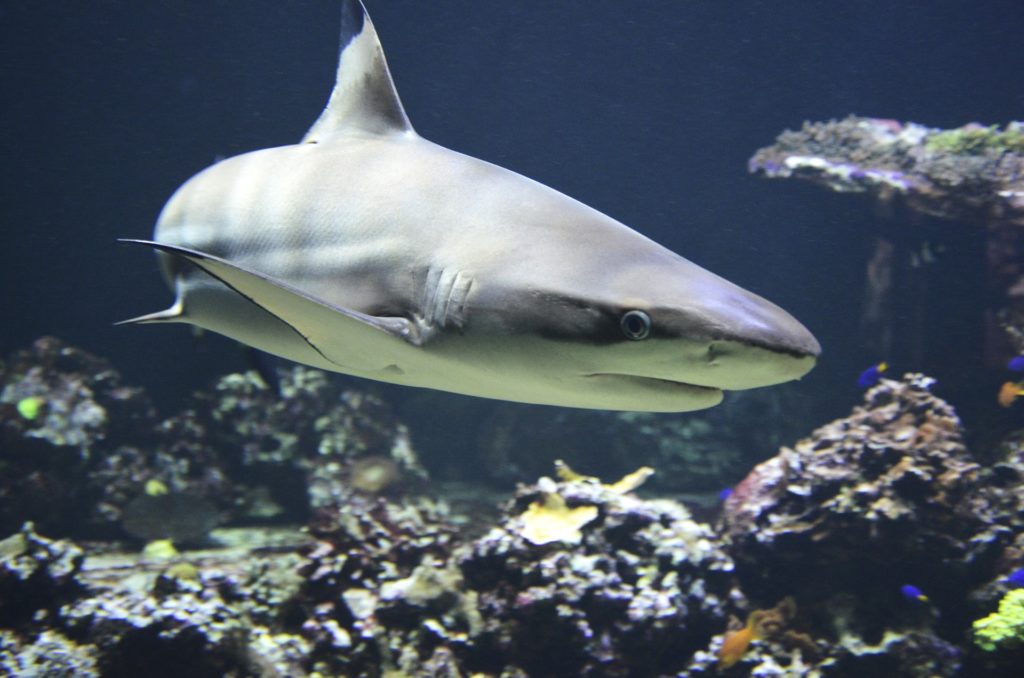About the Mobile Ticketing Market
Mobile ticketing is the process in which customers purchase and obtain tickets using their smartphones or other mobile devices. There are several applications for mobile ticketing, including event ticketing, airline ticketing, transit ticketing, and theatre ticketing.
Global mobile ticketing market to grow at a CAGR of 20.09% during the period 2016-2020.
Mobile ticketing is an initiative to enhance the role of mobile phones in ticketing services. The use of mobile phones will enable consumers to buy tickets and to carry tickets within the phone’s secure universal integrated circuit card. This will work as an alternative to the traditional electronic card-based tickets and will provide additional functionality and convenience to end-users. Mobile ticketing will also provide more opportunities for service providers. For instance, ticketing agencies will be able to access new channels via the mobile handset to bring value-added services such as traveler guides to the market.
Covered in this report
The report covers the present scenario and the growth prospects of the global mobile ticketing market for the period 2016-2020. To calculate the market size, the report considers the revenues generated from the sale of mobile ticketing solutions.
Request For Free Report Sample @ http://www.marketresearchstore.com/report/global-mobile-ticketing-market-2016-2020-61619#RequestSample
The market is divided into the following segments based on geography:
• Americas
• APAC
• EMEA
Global Mobile Ticketing Market 2016-2020, has been prepared based on an in-depth market analysis with inputs from industry experts. The report covers the market landscape and its growth prospects over the coming years. The report also includes a discussion of the key vendors operating in this market.
Key vendors
• Bytemark
• Corethree
• Eventbrite
• Gemalto
• Masabi
• ShowClix
Enquiry About This Report @ http://www.marketresearchstore.com/report/global-mobile-ticketing-market-2016-2020-61619#InquiryForBuying
Other prominent vendors
• Bizzabo
• eos.uptrade
• Margento
• Open Mobile Ticketing Alliance
• StubHub
• TickPick
Market driver
• High demand from transportation sector
• For a full, detailed list, view our report
Read More Research with TOC @ http://www.marketresearchstore.com/report/global-mobile-ticketing-market-2016-2020-61619
Market challenge
• Privacy and security concerns over mobile ticketing solutions
• For a full, detailed list, view our report
Market trend
• Emergence of mobile wallets
• For a full, detailed list, view our report

 One of the lead researchers in the study, Richard Fitzpatrick, explained that these
One of the lead researchers in the study, Richard Fitzpatrick, explained that these 